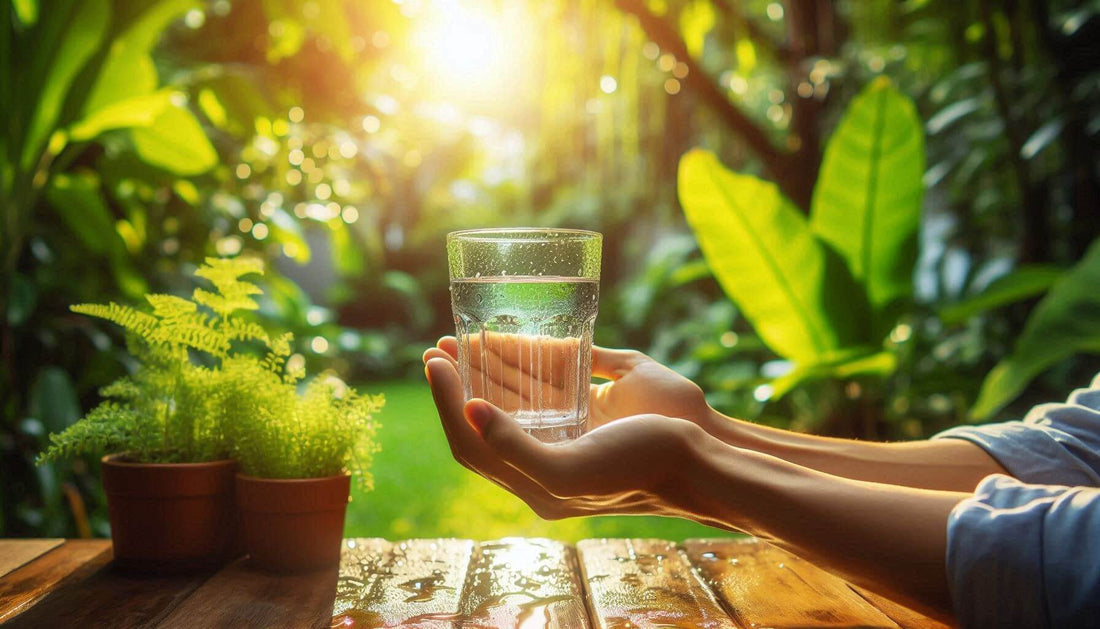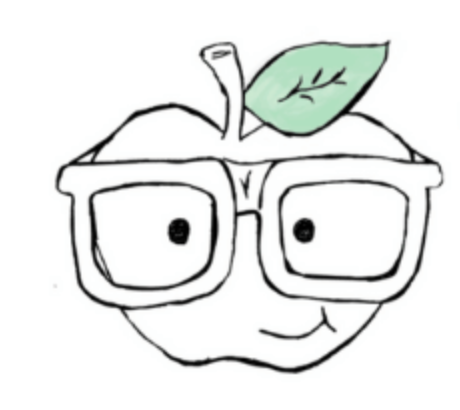
Are You Absorbing The Water You're Drinking?
You’re doing the right thing: the water bottle sits on your desk, you sip throughout the day, and you're trying to drink enough water because you know you should. You understand that staying hydrated is the bedrock of optimal mental and physical performance.
But what if your hard work is going, quite literally, down the drain?
The surprising truth is that drinking water is only half the battle. The real goal is absorption. If you drink a lot, but make frequent trips to the bathroom, there's a chance you may not actually be absorbing all the fluid you're consuming.
This article will dive deep into the science of how your body absorbs water, the critical role of electrolytes, and practical steps you can take to ensure your hydration efforts are truly paying off.
Why Hydration Matters: More Than Just Quenching Thirst
Before we explore the how of absorption, let's reaffirm the why. Proper hydration is not a wellness trend; it's a non-negotiable requirement for human function. Every cell, tissue, and organ in your body requires water.
According to a comprehensive review published in the Journal of Nutrition Reviews, adequate water intake is crucial for:
- Maintaining Blood Pressure and Cardiovascular Health: Dehydration reduces blood volume, forcing your heart to work harder.
- Transporting Nutrients and Oxygen: Water is the primary component of blood plasma, which delivers essential nutrients and oxygen to cells.
- Optimizing Brain Function: Even mild dehydration (a loss of 1-2% of body weight) can impair mood, concentration, memory, and increase the frequency of headaches.
- Regulating Body Temperature: Water in sweat is our primary cooling mechanism during exercise or heat exposure.
- Promoting Digestion and Nutrient Absorption: Water is essential for producing digestive juices and is the medium in which most digestive processes occur.
- Cushioning Joints and Protecting Tissues: Water is a major component of the synovial fluid that lubricates our joints and the cerebrospinal fluid that protects the brain and spinal cord.
The bottom line is that we need to be well hydrated to support optimal function. But how does the water we drink actually become part of us?
The Science of Absorption: It’s All About Osmosis
The process of absorbing water occurs predominantly in your small intestine and large intestine (colon) through a fundamental biological process called osmosis.
Osmosis is the movement of water across a semi-permeable membrane (like our intestinal walls) from an area of low particle concentration to an area of high particle concentration. In simple terms, water is drawn to areas that are rich in particles, specifically electrolytes.
Think of it like this: your intestinal cells are a nightclub, and electrolytes (especially sodium) are the beautiful hostess. Water molecules can't just walk in alone; they need an electrolyte to "escort" them through the cell membrane.
This is why drinking plain water in large quantities can sometimes be inefficient. Without adequate electrolytes present in the intestine, a significant portion of that water may just pass through without being absorbed, leading to those frequent, clear urinations.
The Tell-Tale Sign: What Your Urine Says About Your Hydration
One of the easiest ways to gauge your hydration status is to observe the colour of your urine. While not a perfect science, it's a useful daily indicator.
- Light Yellow: This is the gold standard, indicating good hydration.
- Transparent or Clear: This can be a sign of over-hydration. You may be drinking water faster than your body can process and absorb it, potentially flushing out electrolytes.
- Dark Yellow or Amber: This is a classic sign of dehydration. Your kidneys are conserving water, leading to a more concentrated urine.
- Brown or Unusually Coloured: This can indicate a serious medical issue and should prompt a visit to a doctor.
Frequent urination shortly after drinking large amounts of water isn't necessarily a sign of over-hydration, but it may suggest poor absorption. Your body may recognize the low concentration of the fluid and quickly shunts it to the bladder to maintain electrolyte balance.
The Key to Optimal Absorption: Electrolytes
As the science of osmosis tells us, electrolytes are crucial for water absorption. The most important electrolyte for this process is sodium, but others like potassium, chloride, and magnesium also play vital roles.
We typically get these electrolytes from our food. This is why your dog might look to drink water with their meal - the salts in the food facilitate the absorption of the water.
When you sip on plain water alone in between meals, you may dilute the electrolyte concentration in your gut and bloodstream. Without those essential electrolytes, absorption may be slower and less complete.
The Simple Solution: Enhance Your Water
If you are consistently drinking water between meals or are an active person, you can significantly improve your absorption with one simple trick:
Dr. Stacey Simms, a leader in hydration science, suggests adding a pinch of high-quality mineral salt (like Himalayan pink salt or Celtic sea salt) to your water bottle.
This tiny amount of salt provides the sodium and other trace minerals needed to facilitate osmosis. The result? You may hydrate your cells more effectively (and not feel the need to run to the toilet as often).
Other ways to ensure optimal electrolyte balance include:
- Drinking electrolyte-enhanced beverages during intense or prolonged exercise (longer than 60-90 minutes).
- Eating a balanced diet rich in fruits and vegetables that are natural sources of potassium and magnesium.
- Consuming a balanced meal or snack with your water when possible.
Conclusion: Drink Smart, Not Just Hard
Drinking ample water is essential, but ensuring it’s absorbed is what truly unlocks its important benefits. Remember these key takeaways:
- Absorption is Key: Water needs electrolytes, primarily sodium, for effective absorption via osmosis in your intestines.
- Check Your Urine: Use it as a quick hydration gauge. Aim for light yellow.
- Enhance Your Hydration: For water consumed between meals or around workouts, add a pinch of mineral salt to facilitate optimal absorption and reduce frequent, inefficient urination.
By combining adequate fluid intake with smart electrolyte consumption, you can ensure your efforts are fully rewarded with improved energy, sharper focus, and better overall physical function.
Disclaimer: While a pinch of salt in water is safe for most people, those with hypertension, kidney disease, or other health conditions affecting sodium balance should consult their doctor before making changes to their diet or hydration strategy.
References:
-
Popkin, B. M., D'Anci, K. E., & Rosenberg, I. H. (2010). Water, hydration, and health. Nutrition reviews, 68(8), 439–458.
https://doi.org/10.1111/j.1753-4887.2010.00304.x -
Armstrong, L. E., & Johnson, E. C. (2018). Water Intake, Water Balance, and the Elusive Daily Water Requirement. Nutrients, 10(12), 1928.
https://doi.org/10.3390/nu10121928 -
Shirreffs S. M. (2003). Markers of hydration status. European journal of clinical nutrition, 57 Suppl 2, S6–S9.
https://doi.org/10.1038/sj.ejcn.1601895 -
Hydration: Why It's So Important. (2023, May 22). FamilyDoctor.org.
https://familydoctor.org/hydration-why-its-so-important/
